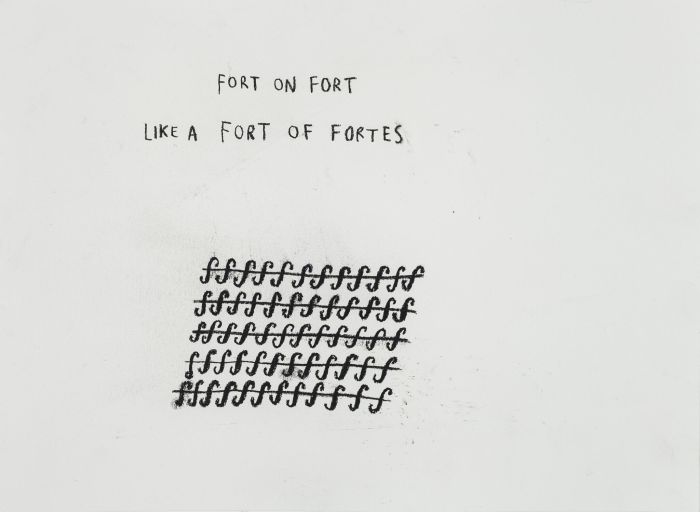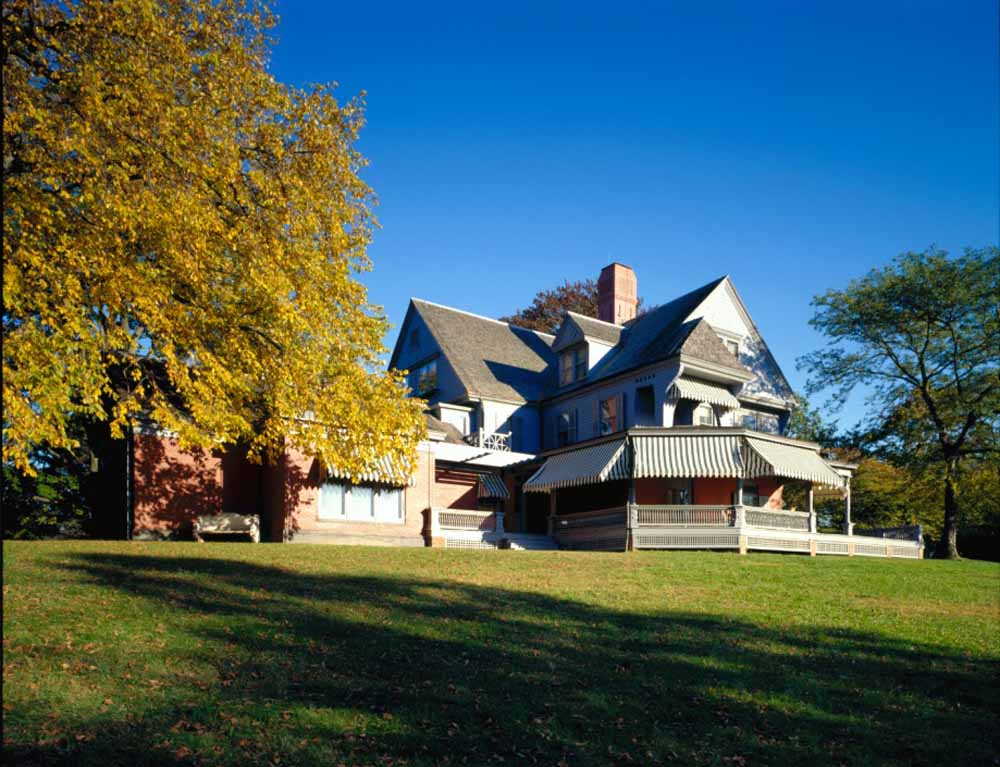It’s no secret New York City is having a housing and affordability crisis. And while the COVID-19 pandemic accelerated, exacerbated and exaggerated pressures creating a tough rental market, we need to talk about the underlying problems unfairly manipulating the rental market.
In 2019, New York passed the Housing Stability and Tenant Protection Act. Based on the name you would think this sounds great! Stabilize a very finicky and unstable rental market, and protect folks who may be housing insecure, facing economic hardship or any other box on a long list of things New Yorkers are up against to have safe, comfortable and secure housing.
But the reality is that intended and unintended byproducts of this poorly crafted law have forced property managers of rent-stabilized apartments all over New York City to keep these apartments vacant.
As an advocacy organization with over 4,000 members that works with property managers, tenants, government officials and other stakeholders, CHIP has a unique vantage point to see where the stresses and opportunities lay in getting more affordable units on the market.
A common theme coming from CHIP members is what to do with units that have been occupied for more than 30 years, become vacant, and are not habitable because they need significant repairs. In most cases, the old tenant didn’t give the owner access to the apartment over the years to make improvements because it would have raised the rent. In other cases, new laws on lead, electrical or plumbing safety force owners to make costly renovations on apartments that are in pretty good condition.
For example, a studio apartment in the East Village has recently been vacated by a tenant who was there for more than 50 years, and didn’t allow access to the apartment. The legal rent for this unit is $730 per month, while the market rate rent is closer to $2,800 per month. The unit needs more than $70,000 of renovations to bring it into compliance with government mandates and safety standards.
Prior to the 2019 HSTPA laws, the building owner would have been able to raise the rent to market using Individual Apartment Improvements (IAI) to the unit, plus a 20% vacancy bonus. The owner wouldn’t have hesitated in spending $70,000 or more to make sure the work was done quickly and to the highest standards.
Under the new laws, renovating this vacant apartment to bring it up to a habitable condition would cost vastly more than the allotted $15,000 for IAIs. Just rewiring the apartment for basic safety would consume almost the entire IAI budget when you factor in the thousands of dollars in permit fees needed. In return, the owner would be allowed to rent the apartment for $813.33/month — or about 35% of market rate. This unit sits empty.
There are over 20,000 of these stories across New York City, each unit needing tens to hundreds of thousands of dollars in renovations and repairs; all of them with low legal rents. They are not going to be fixed up and rented out again because the property owner would lose too much money. Even if they wanted to do it, most banks and lenders won’t give them financing because there is no reason to think there will be a return on the investment.
Fixing this problem would actually not cost the government anything. It would also not raise the rent one cent on any existing tenants. The government just needs to let the property owners set a new first rent on the unit that will allow them to justify the renovation costs needed to fix up the apartment. Doing this would create an instant boom in housing supply in all neighborhoods of the city. It would also create a lot of jobs. CHIP estimates that recapturing these units could create $1.5 billion to $2 billion in economic activity over the next nine months.
This is why CHIP has launched an awareness campaign to highlight these vacancies on www.VacancyNYC.org, as well as daily social media content speaking directly to New Yorkers on TikTok, Instagram and Twitter. Our social content has already surpassed one-million views, and we’ve just gotten started.
New York City residents need jobs and they need homes. We are giving the government an opportunity to do that without spending a dime. We just need permission. We hope they give it to us.
Jay Martin is the executive director of the Community Housing Improvement Program (CHIP), representing the owners and operators of more than 400,000 units of rent-stabilized housing in New York City.





















